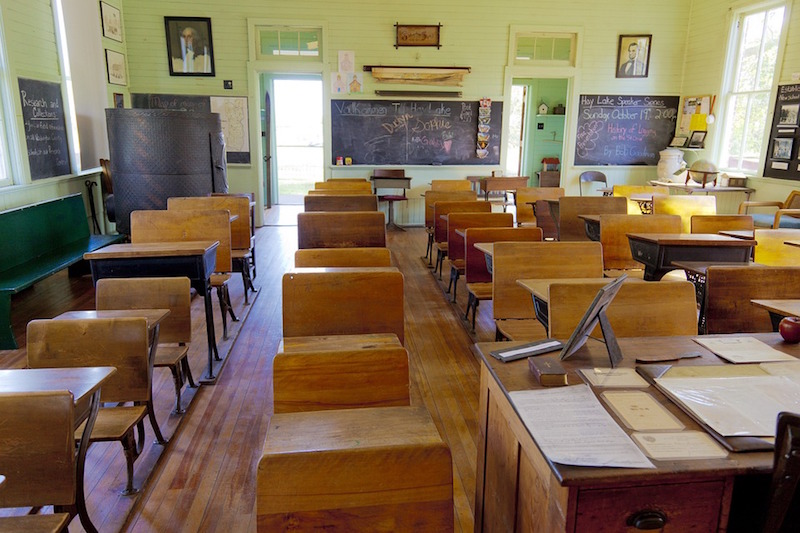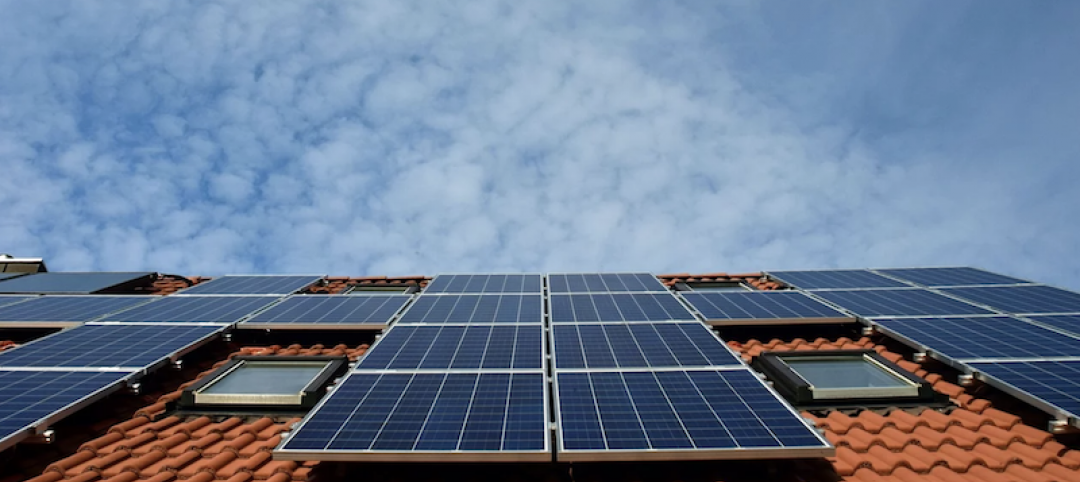The U.S. Department of Energy recently launched the zero energy schools accelerator, an effort to develop cost-competitive zero energy school design.
Six school districts, two states, and several national organizations are working collaboratively on the effort. DOE defines a zero energy building as “an energy-efficient building, where on a source energy basis, the actual delivered energy is less than or equal to the onsite renewable exported energy.”
The program’s goal is to quickly make Zero Energy K-12 schools more mainstream. Participating school districts commit to developing their own zero energy plans for a district project within a year. They can also engage with fellow states and school districts, and gain support from regional and national organizations.
Officials kicked off the program at a school in Arlington, Va., that features advanced next generation energy efficiency and renewable power features, including solar rooftop and geothermal heating and cooling systems. Zero Energy schools have the potential to save 65%-to-80% in energy consumption, depending on climate the zone, DoE says.
Related Stories
Codes and Standards | Jan 15, 2020
Trump Administration blocks new light bulb efficiency standards
Move defies bipartisan 2007 law.
Codes and Standards | Jan 14, 2020
L.A.’s expedited permitting process credited with faster approvals on $1 billion project
Parallel Design-Permitting Process includes flagging elements for correction during conceptual design.
Codes and Standards | Jan 13, 2020
Kansas City is first in nation to offer free public transportation
Aim is to increase mobility to spur more economic activity.
Codes and Standards | Jan 9, 2020
Dept. of Defense will require beefed up cybersecurity standards in January
All contractors will have to demonstrate secure practices.
Codes and Standards | Jan 8, 2020
2019 Oregon Zero Energy Ready commercial code will boost efficiency by 14%
ASHRAE 90.1 is the basis for new code that went into effect Oct. 1.
Codes and Standards | Jan 8, 2020
Energy efficiency initiatives have significantly cut energy consumption per square foot
Lighting and space heating fell by more than 600 trillion Btu from 2003 to 2012.
Building Technology | Jan 7, 2020
Tariff whiplash for bifacial solar modules
Bifacial solar systems offer many advantages over traditional systems.
Codes and Standards | Jan 7, 2020
New certification program for rigid core luxury vinyl tile
ASSURE CERTIFIED to establish industry-wide quality standards.
Codes and Standards | Jan 7, 2020
Boston’s beefed up wetlands ordinance will limit development
Conservation commission must consider future climate impacts when assessing new projects.
Codes and Standards | Jan 6, 2020
States pick up the slack in efficiency policy as federal government lags
With climate change deniers setting policy in Trump Administration, progress continues in statehouses.

















